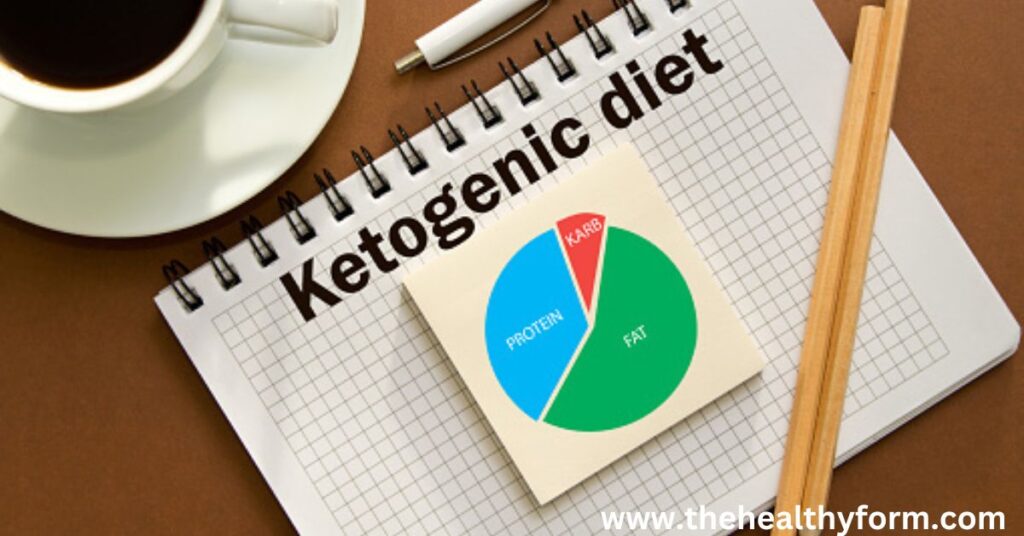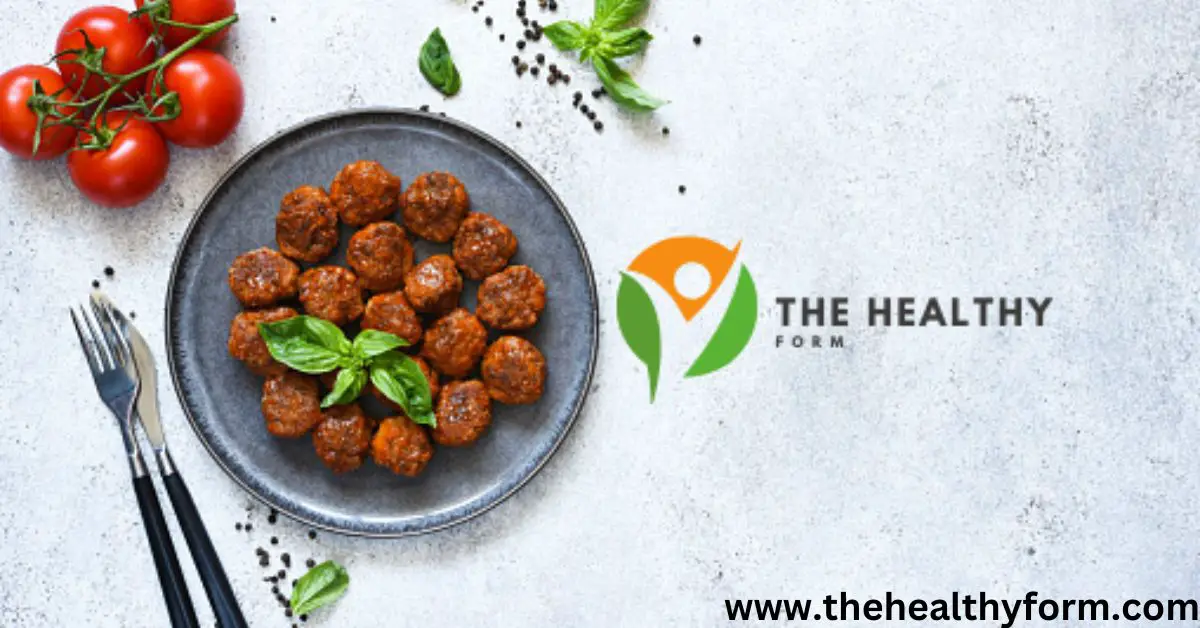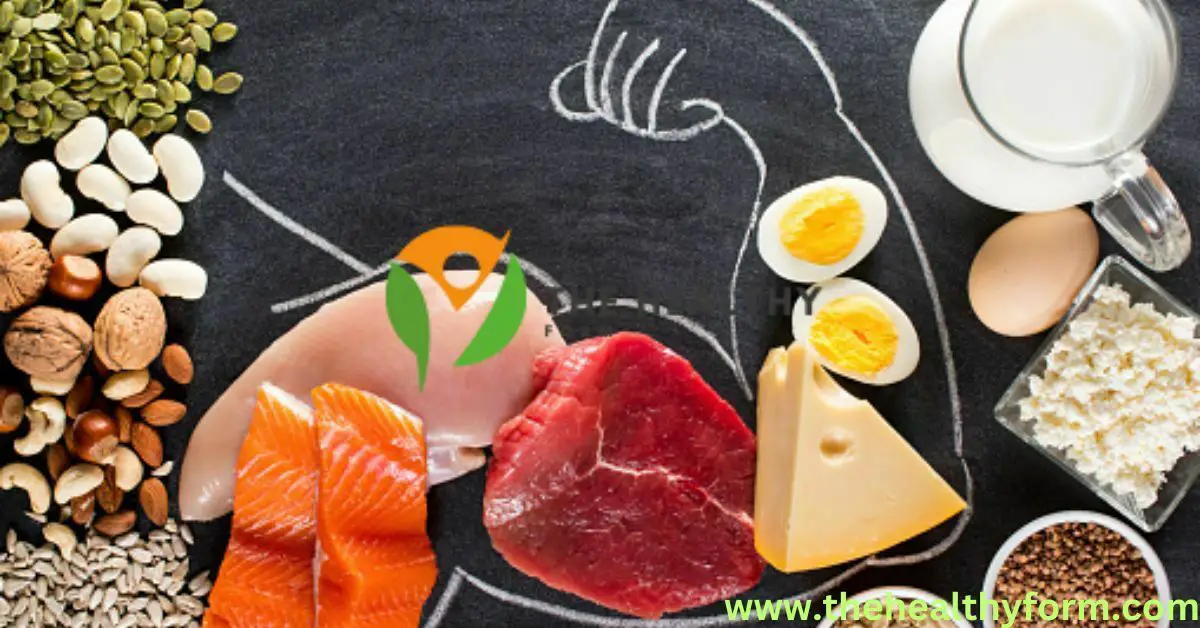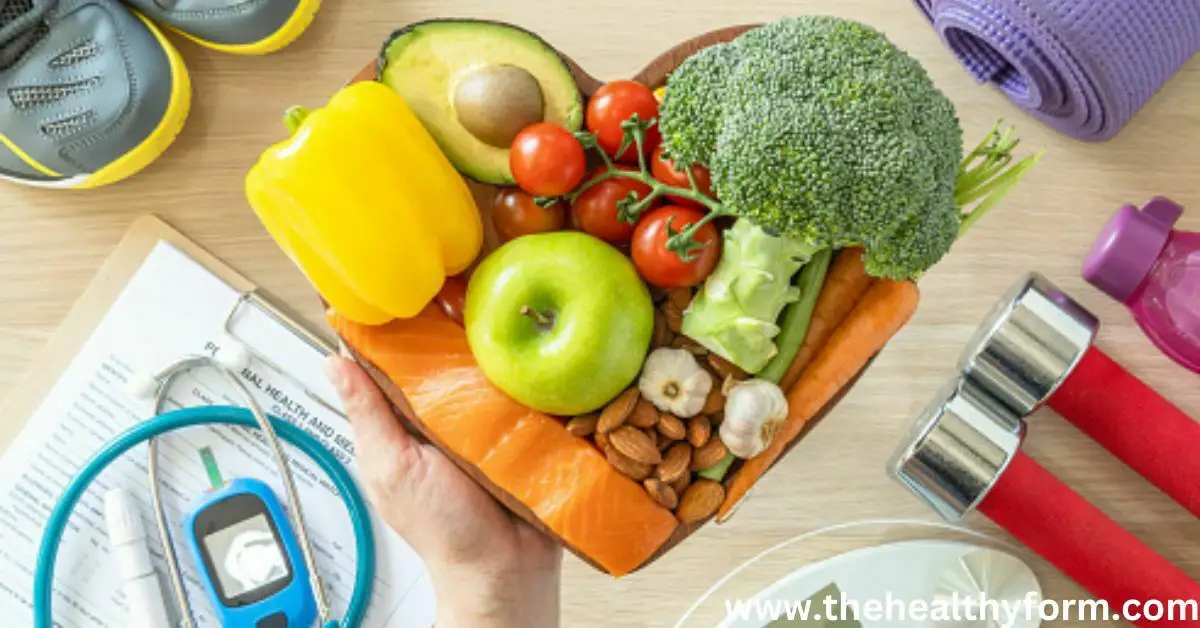A Comprehensive Keto Diet Plan for Beginners
Starting a keto diet plan for beginners can be overwhelming, but it doesn’t have to be. Learn the basics of the keto diet, what foods to eat and avoid, and how to plan your meals to achieve ketosis. If you want to start a keto diet, you’ve come to the right place! Keto has become increasingly popular in recent years for its weight loss benefits and potential to improve overall health, making it an attractive option for people from all walks of life.
However, many people are unsure where to start with the keto diet. Fortunately, we’re here to help! We know that the keto diet can be intimidating for beginners, so we’ve put together this comprehensive guide on how to get started.
In this blog, we’ll cover everything you need to know about the keto diet—from what it is and how it works to step-by-step tips on developing a keto meal plan and shopping list. Read on for all the information you need for a healthy keto lifestyle!
What Is a Keto Diet?
You’ve probably heard of the keto diet—it’s been gaining traction over the past few years as one of the most popular diet plans. But what exactly is a keto diet, and why should you consider it first?
Simply put, the keto diet is a low-carb, high-fat eating plan that forces your body to transition into a state of ketosis—a metabolic process where your body burns fat instead of carbohydrates for energy. This process helps you shed unwanted pounds while preserving muscle mass while also helping to control your appetite.
The main idea behind a keto diet is that by severely restricting your carb intake, your body will transition from using carbohydrates for energy to using fat as its primary fuel source. This means you can still enjoy delicious meals without worrying about gaining weight. Plus, by keeping an eye on what you’re eating and tracking your progress with a food diary or app, you can stay on track with your goals and make sure you’re getting all the nutrients you need.

The Keto Diet Food List
Now that you understand the keto diet basics, let’s talk about the essential categories of food you’ll be eating. On a traditional keto diet, your daily calories should come from the following:
- 75% fat: Fatty cuts of meat like steak and pork, olives and olive oil, butter, ghee, and coconut oil.
- 20% protein: Wild-caught fish like salmon and tuna, eggs, grass-fed meats, whey, and bone broth proteins.
- 5% carbs: Low-carb vegetables like spinach and kale; some nuts and seeds; low-sugar fruits like avocados and berries; dairy products like feta cheese.
If you’re new to the keto diet, it can seem overwhelming to quickly get familiar with all these foods. To make it easy, follow this simple plan: choose one keto food every day or two until you have tried them all. Over time, you can identify which fits best into your meal plans.
Keto Diet Recipes
Now that you know what foods you can eat on the keto diet, let’s go through some of the best recipes to get started. When following a keto diet, there are only two rules you need to remember: keep your carb count low and fat content high. Here are a few of our favorites:
Keto Steak Salad
This easy-to-make steak salad is sure to become an instant favorite. It features lean steak, fresh vegetables, and a yummy ranch dressing. All you need are steaks, bell peppers, spinach, avocado, red onion, and your favorite ranch dressing.
Keto Chicken Soup
This creamy chicken soup is perfect for chilly days. You’ll need chicken breasts or thighs, mushrooms, broccoli florets, heavy cream, and bone broth. This flavorful soup will hit the spot while keeping your carb count low!
Keto Zucchini Fritters
These cakes make a great side dish or even an appetizer. Mix grated zucchini, shredded cheese, and parmesan cheese with seasonings. Then, form them into patties and fry them in oil until golden brown. Serve with sour cream or your favorite dipping sauce!
So, a few easy keto diet recipes get you on the right track!
Keto Diet Pills
Now, when it comes to Keto diet pills, you may have heard that they can help boost your weight loss efforts — and you’re right. Keto diet pills use natural ingredients, like raspberry ketone and BHB salts, to help your body get into a ketogenic state more quickly. They can also boost energy, helping you stay focused and alert throughout the day.
That said, you don’t necessarily need Keto diet pills to be successful on a Keto diet. Without them, you can still achieve amazing weight loss — it may take a little longer for your body to adapt. Here are some of the benefits of taking Keto diet pills:
- They speed up the body’s transition into the ketogenic state.
- They provide an energy boost by increasing fat metabolism.
- They help suppress your appetite.
- They aid in increasing fat-burning and weight loss.
- They help reduce cravings for unhealthy foods.
No matter whether or not you decide to take Keto diet pills, the important thing is that you become familiar with the basics of sticking to the Keto diet—including understanding which foods are acceptable and which should be avoided—so that you can create a healthy meal plan tailored to your individual needs.
How to Make a Keto Diet Plan for Beginners
Now that you know the keto diet basics, you’re probably wondering how to make a meal plan. After all, what you eat is the key to unlocking keto’s potential weight-loss benefits.
When it comes to meal planning on keto, here are a few important guidelines to get you started:
Focus on Low-Carb Foods
To keep your carb count low, focus your meals on low-carb proteins, vegetables, and healthy fats. A good rule of thumb is to aim for 75% fat, 20% protein, and 5% carbs in each meal.
Avoid Sugars and Starches
Avoid starches like potatoes, corn, or beans when shopping for food for your meal plan. You should also avoid added sugars from sweets and processed foods as much as possible. Even natural sweeteners like honey and maple syrup should be limited.
Eat Adequate Protein
Getting enough protein can provide satiety while keeping up with muscle regeneration and growth—all beneficial effects of the ketogenic diet. When choosing your proteins, leaner cuts are usually better—think fish and skinless poultry instead of fatty cuts like bacon or sausage.
Following these guidelines for your meal plan as a beginner on the keto diet, you can enjoy all its health benefits in no time. Good luck!
Expert Tips for Starting the Keto Diet
Starting the keto diet can be intimidating. With its complex mix of fats, proteins, and carbs, tracking your eating can be hard. The good news is there are a few simple expert tips that can help make starting keto easier, so keep these in mind before you begin:
- Start slow and give your body time to adjust. It takes a few weeks to get used to the high-fat, low-carb diet, so ease into it and give your body time to adjust.
- Stick with one meal plan at first. Trying to keep track of all the variations of keto diets out there can be overwhelming; it’s best to stick with one meal plan and slowly modify it when you start feeling comfortable.
- Take supplements. When changing your diet drastically, supplements can help support your body’s natural processes as you adjust. Potassium, sodium, and magnesium can help with electrolyte balance, while omega-3 fatty acids are great for inflammation and gut health. A good multivitamin would also be beneficial for overall health and wellness.
- Don’t forget about exercise! Exercise is an important part of any health plan, and you don’t have to change your routine too drastically when doing keto — make sure any carbs you consume come from leafy greens or other vegetables rather than grains or starches that can spike blood sugar levels quickly.
With a few tips in your back pocket, starting the keto diet doesn’t have to be intimidating! A little bit of research on each element of the diet will go a long way in helping you understand what works best for you when beginning.
Conclusion
All in all, the ketogenic diet is a great way to get started on a healthier lifestyle. The key is ensuring you’re getting enough of the right types of food rather than relying on pre-packaged meals, shakes, or pills. You should also be mindful of your food choices and ensure you get all the essential vitamins and minerals your body needs. Additionally, be sure to stay hydrated and get regular exercise to maintain a healthy weight. With some dedication and effort, you can make significant progress towards improving your health and reaching your goals with the ketogenic diet.





